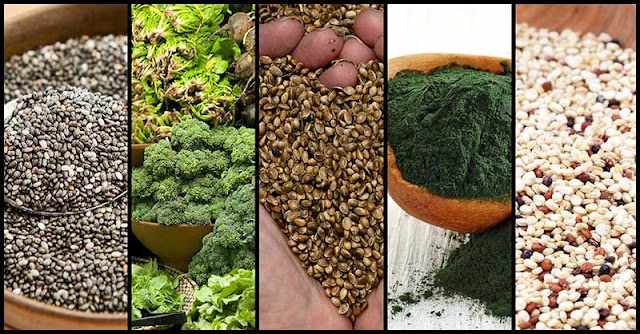It’s important for us to have sufficient amounts of protein in our body. Protein is considered as the body’s building nutrient. Deficiency in this nutrient can lead to muscle weakness, swelling, low blood pressure and low heart rate, liver problems, anemia, muscle and joint pains, brain fog and a lot more.
According to studies, we need protein as we get older for us to be able to minimize muscle loss associated with aging.
Some of the major roles of protein in our body are as follows:
Building Tissues and Muscles – Proteins builds and repairs body tissues. For instance, exercises like strength training can cause micro tears into the muscles. These tears can be healed with the help of protein.
Energy – Eating a diet with lean proteins can supply your body with energy.
Hormone Production – Insulin and oxytocin are hormonal proteins that play an important role in controlling blood sugar concentration and stimulating contractions during childbirth.
Enzymes – Enzymes are proteins that are needed during muscle contractions and relaxation, and nerve impulse transmission.
For vegans or vegetarians, one of their main concerns is on how to have a sufficient amount of protein intake.
There are many protein-rich foods like eggs, milk, nuts, seeds, lean meat, fish, chicken, and low-fat dairy. Aside from these sources, there are also plant-based sources of protein that can be enjoyed by vegetarians.
Here is the list of plants that are rich in protein that can help vegans to maximize their protein intake:
Leafy Greens
Have lots of leafy greens in your diet. They are high in pH – meaning they are more alkaline. Aside from the proteins they can supply the body, leafy greens can also slow down signs of aging. Consume more pea greens, arugula, spinach, lettuce, kale, baby red chard, beet greens, and radicchio. Have green salads everyday or make your own green smoothie to obtain you needed protein requirements.
Hempseed (16g Protein / 3 Tbsp)
This high-protein seed is rivaled only by spirulina. It can be prepared in a variety of ways. You can add it in a multitude of dishes, such as salads, breakfast cereals, cooked vegetables, and smoothies.
Spirulina (6g Protein/10 grams)
These blue-green algae are plant-based protein powerhouse with 60% protein. It is becoming popular today as it is a highly bioavailable complete protein containing all essential amino acids whether you take it raw or in its processed form.
Chia (5.6g/ ounce)
Despite its small size, chia seeds have the ability to provide your body with essential proteins and can make you feel fuller for a longer period of time.
Beans such as Black, Kidney, Mung, and Pinto (12-15g Protein / Cup)
You can add beans to your veggie burrito, salads, chili, and soups or over rice with vegetables.
Quinoa (8g Protein/ cup(185g)
Quinoa is one of those superfoods that are loaded with great amounts of protein, thus making it beneficial for those who do not eat animal products. It can supply the body with amino acid lysine along with the other eight essential amino acids in amounts that are necessary for the proper functioning of the body.









